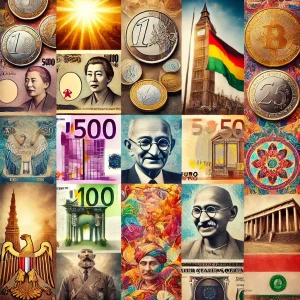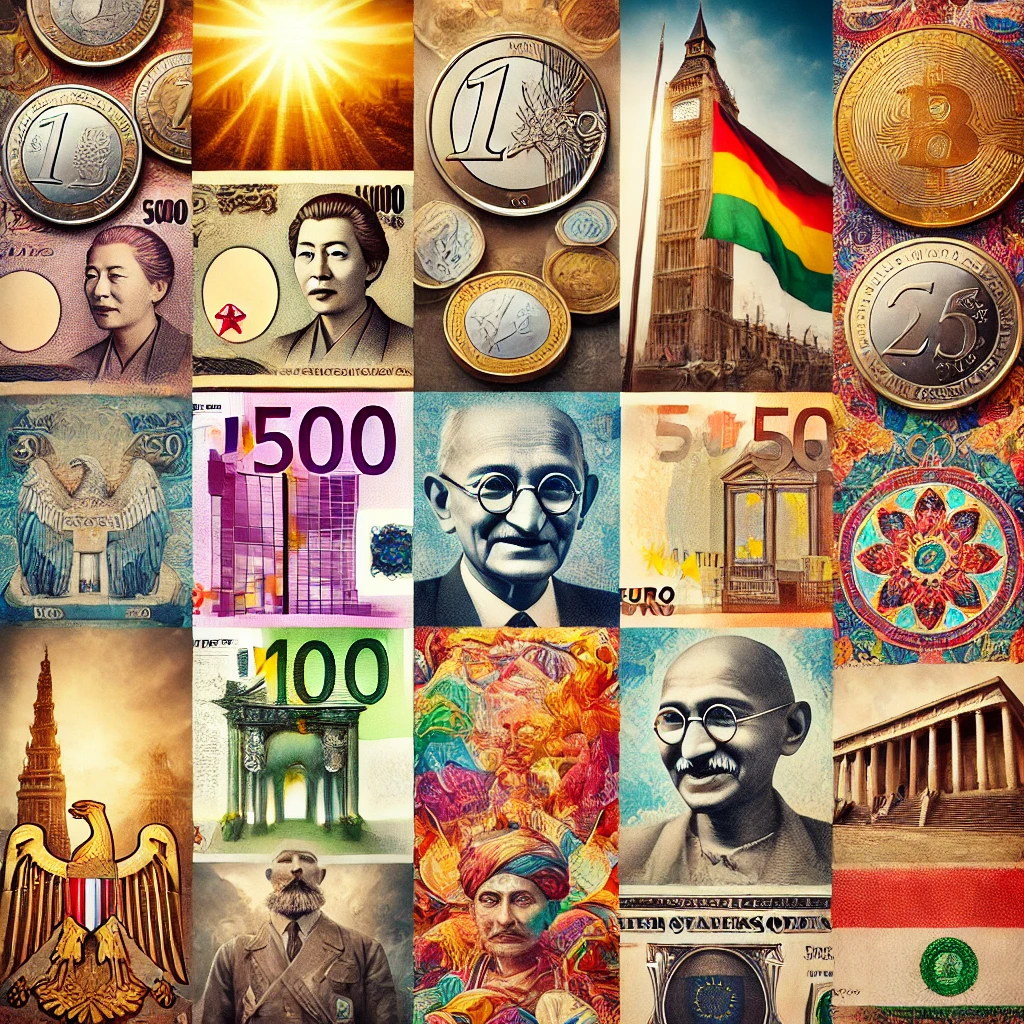Share!
6 Countries Where Cash Remains King
By kabir Abdulsalam
Cashless payments are gaining traction worldwide. However, certain countries stubbornly cling to cash transactions. But why? Is it cultural tradition, economic necessity, or something else entirely? Let’s delve into six nations where cash still reigns supreme.
1. Japan:
Japan, a global leader in technology, surprisingly clings to its cash culture. Over 60% of transactions involve physical currency, particularly among older generations who value security and reliability. Many small businesses, restaurants, and traditional markets across Japan also stick to cash-only transactions. In a survey conducted in early 2021 by Statista, more than 90% of respondents named cash as their preferred payment method.
2. Germany:
Germans prioritize personal privacy, driving their preference for cash. This approach shields them from data breaches and maintains anonymity. Studies show that many Germans carry significant cash on hand and use it regularly, even for large purchases, as a privacy-first approach. Cash is used for 58% of everyday transactions in Germany, making it the most frequently used means of payment.
3. *Italy:
In Italy, smaller, family-run businesses like cafés, bakeries, and shops are the heart of many communities—and they often stick to cash transactions. Cash is still the most common payment method in Italy, especially for purchases under €60. The European Central Bank estimates that 86% of in-person transactions in Italy are made with cash. According to the Bank of Italy, more than 36% of Italians consider cash a store value, storing it at home as a precautionary measure.
4. *India:
Although digital payments have soared in urban areas, cash is still king in rural India, where the majority of the population resides. For many, cash transactions remain essential due to limited internet access and digital payment literacy. Cultural practices and economic accessibility make cash the preferred choice for millions of Indians.
5. Egypt:
Cash dominates in Egypt for cultural and logistical reasons. 60% of all payments in Egypt are cash-based, and 67% of the population don’t own a bank account. The informal economy is significant here, and cash transactions are preferred by both vendors and consumers.

6. Mexico:
In Mexico, cash reigns supreme, especially in rural areas and among local vendors. While card payments and digital wallets are growing in popularity, pesos remain the primary payment method for millions of Mexicans. In 2022, cash was used in nearly 60% of all transactions. Even though the use of cash has declined slightly during the COVID-19 pandemic, it remains the most used payment instrument.
Why Cash Stays Strong Despite Global Trends
The common thread in these countries is a combination of cultural values, accessibility, and local economic conditions. While digital payments may offer speed and convenience, cash provides a tangible sense of security and independence that appeals to millions. For these countries, cash continues to play a vital role in daily life, despite the growing global trend toward cashless societies.
